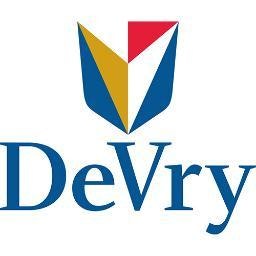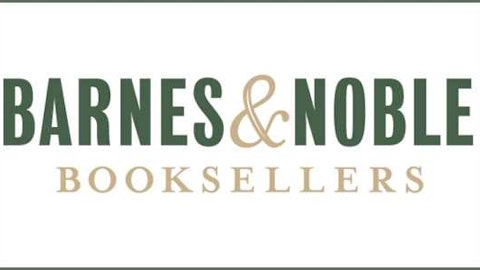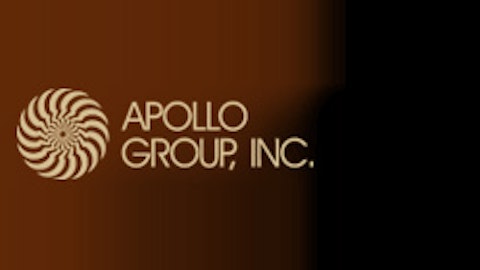With for-profit schools under renewed scrutiny we decided to look at their impact on the market.
A recent article from Bloomberg is shedding new light on what has already been a heated controversy regarding the proliferation of for-profit schools – now a multi-billion dollar industry. While Bloomberg has tracked down under-employed veterans and strippers with expensive degrees, a number of recent-graduates are coming to the industry’s defense. In fact, the much maligned sector may have an important role to play in addressing our nation’s doctor shortage, and forcing non-for-profit peer institutions to reign in costs that have been balooning for decades.
The objection to for-profit schools is that they derive the bulk of their revenue – as much as 90% in the case of the Apollo Group Inc (NASDAQ:APOL) – from federally subsidized student loans. Part of this comes from a perceived inferiority to non-for-profit schools, as virtually all of them are ineligible to place in the prestigious U.S News and World Reportrankings.
As a result, for-profit schools are often left with a market of students who are more likely to need loans. There have also been reports of predatory recruitment tactics – such as targeting military veterans while they’re overseas or even making pitches to the homeless. One former admissions officer at a for-profit school has even admitted to asking single mothers how they expect to afford toys if they don’t acquire some sort of degree.
On the other side of the argument are a slew of successful for-profit graduates, who blast the media for implying that they need protection, simply because they don’t want to shell out for a more traditional program. They question the relevance of degree requirements, and correctly point out that non-for-profit schools spend millions, if not billions, on luxurious and sometimes frivolous facilities. Is your school really giving you a better education because it has movie theaters with Italian leather seats or a $300 million swimming complex?
Despite the increasing likelihood that these institutions will face greater regulation in the coming years, we might find that we need these for-profit schools around, as they are helping to solve a pretty important (and perpetual) issue: doctor shortages. As the baby boomer generation continues to age, there is a good chance that the lack of doctors can become an even bigger problem. With Americans getting older – and living longer – we need more physicians than there are places to train them.
According to Bloomberg, almost 80% of graduates of the Ross University School of Medicine, owned by DeVry Inc. (NYSE:DV), found residencies in 2013, with even more snagging up probationary slots or deferrals. It’s impossible not to feel for the 20% who have just spent hundreds of thousands of dollars pursuing an ambition they might not achieve. But that still leaves hundreds of trained doctors that America is going to need. And to the healthcare industry, student loan debt can become a small price to pay when the result is more white coats.
Click on the interactive chart to see data over time.
Will the threat of regulation help for-profit schools or hinder them? Use the list below to begin your analysis.
1. DeVry, Inc. (DV, Earnings, Analysts, Financials): Provides educational services worldwide. Market cap at $2.01B, most recent closing price at $31.59.





